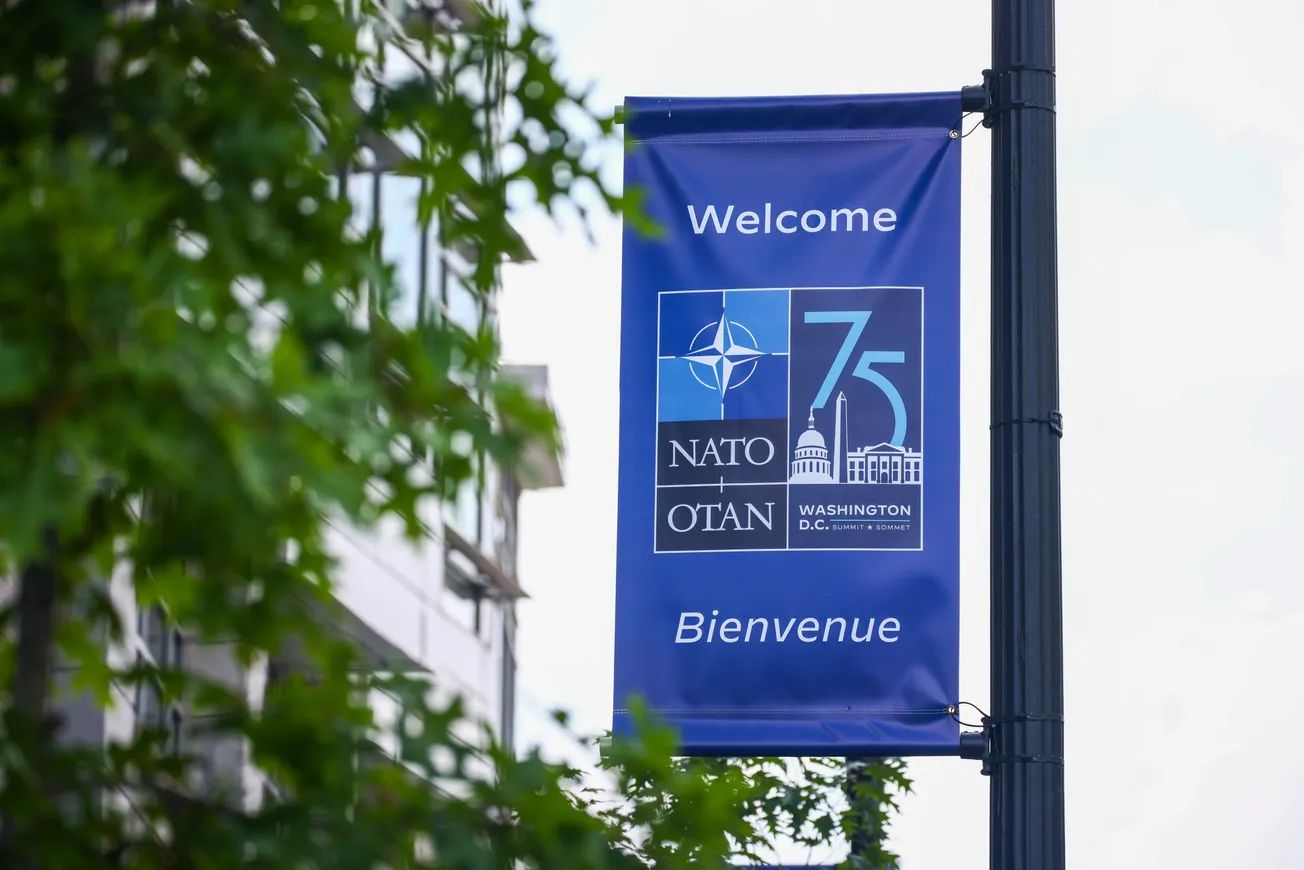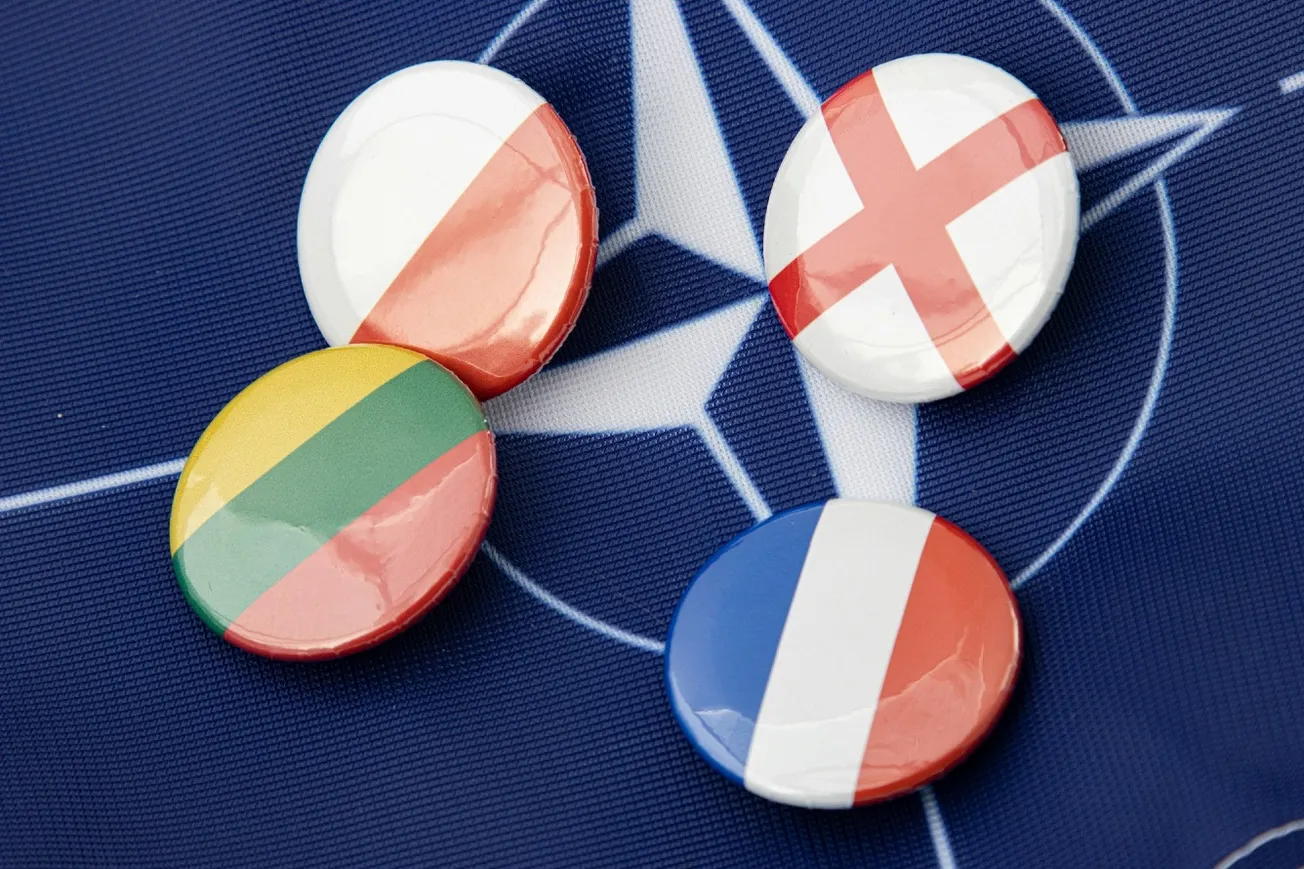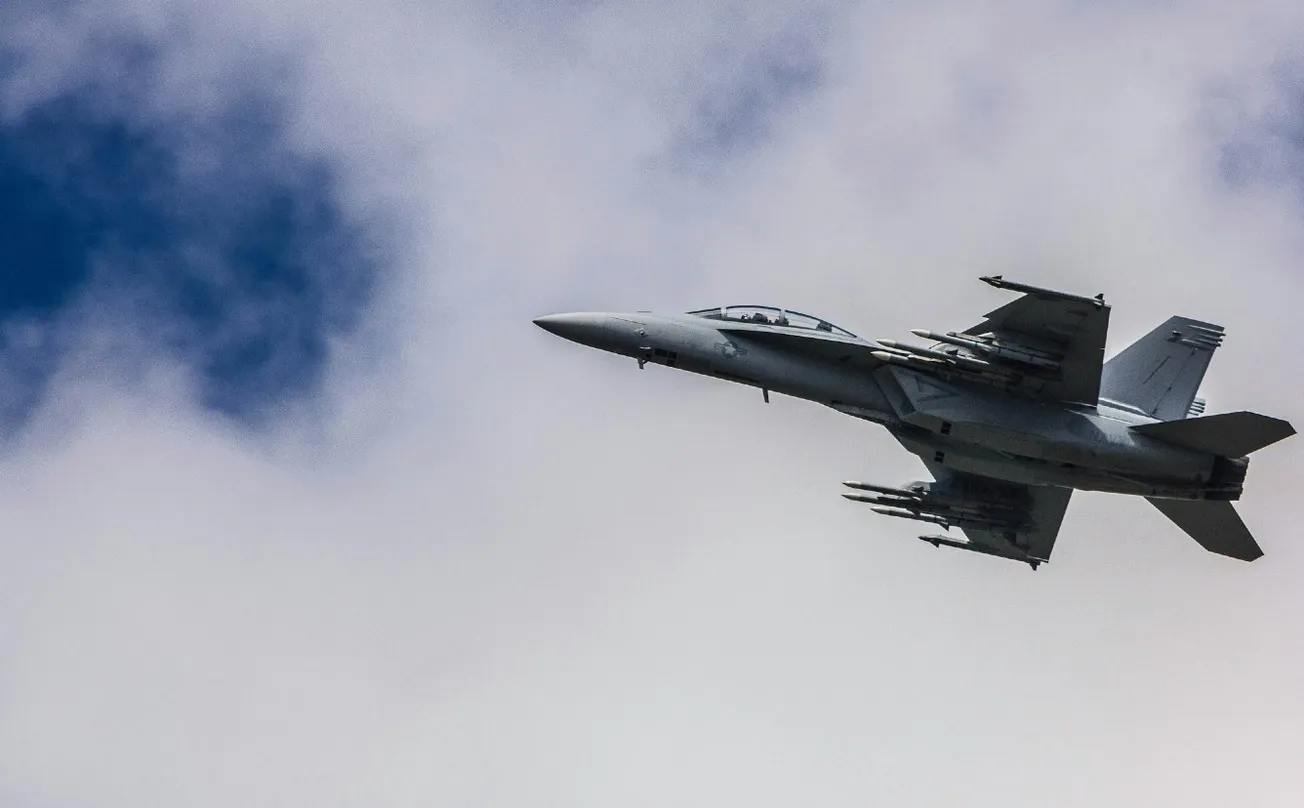The North Atlantic Treaty Organization's (NATO) 75th anniversary summit is underway in Washington today. Many a toast will be raised to the military alliance's long list of accomplishments, deterrence might, increased military budgets, and continued relevance to the security of the European continent, especially in light of the Ukraine War.
The very war that has invigorated NATO over the past two years and enabled it to bring Finland and Sweden into its fold will undoubtedly cast its shadow and raise pertinent questions about the organization's role and future course.
Kyiv's demand for a full-fledged membership (which has once again been put off for a later date) is unlikely to be the biggest point of contention at this Summit. NATO members are being forced to address the shifting political headwinds on the continent and the potential shift in Washington.
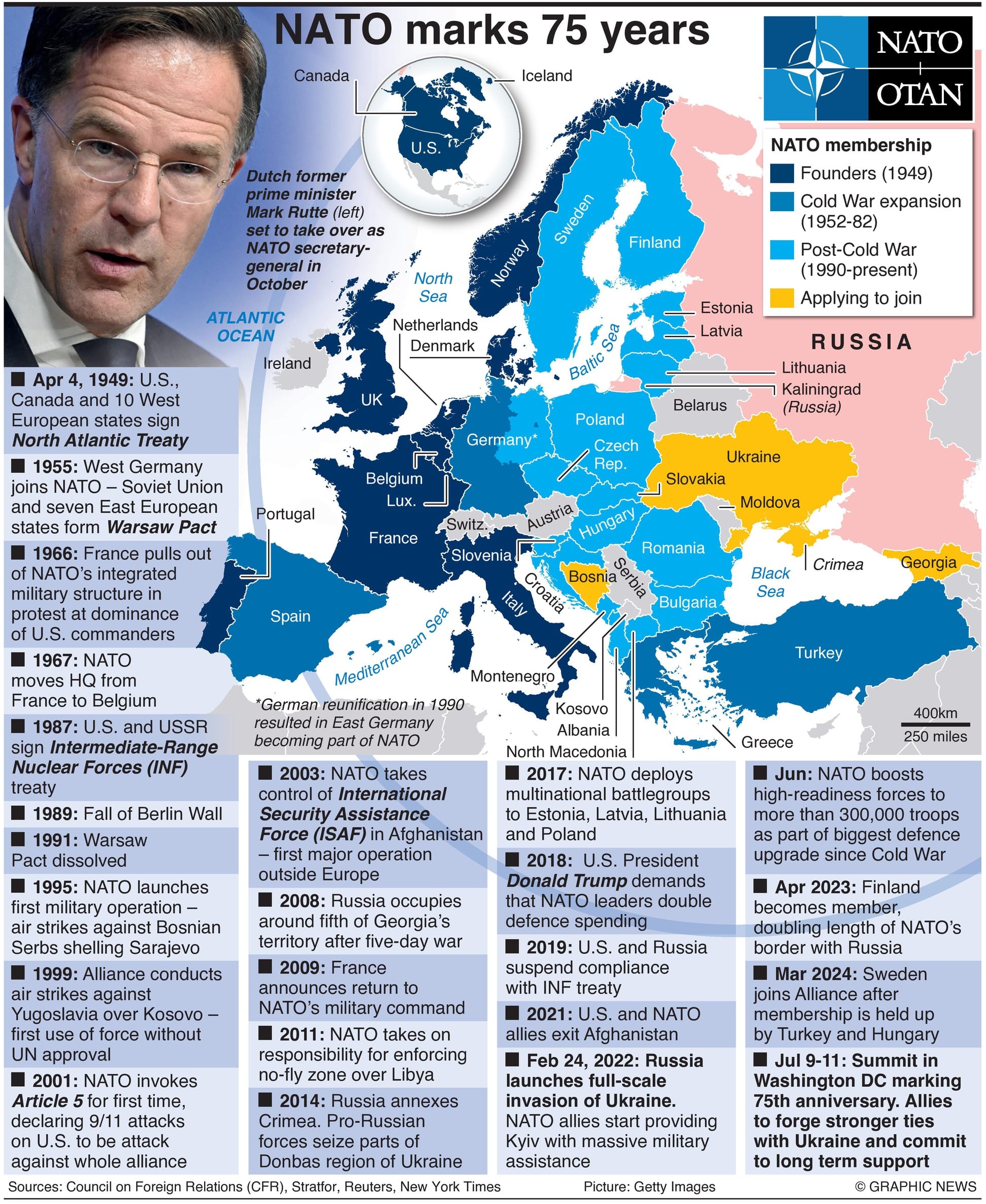
The growing support for the right-wing parties in Europe, many of whom are less averse to Moscow and equally unwilling to support the "as long as it takes" war, does not bode well for a unified NATO front. The prospect of former President Trump's return to the White House also gives the alliance some jitters. A harsh critique of "freeloading" European nations who had not coughed up 2% of the GDP as committed, he had threatened to pull America out of the organization. While 23 of the 32 member states are expected to spend their promised 2% on defense this year, Trump's "America First" slogan and recent ambiguous responses about the issue do not augur well for deterrence and defense missions across The Pond.
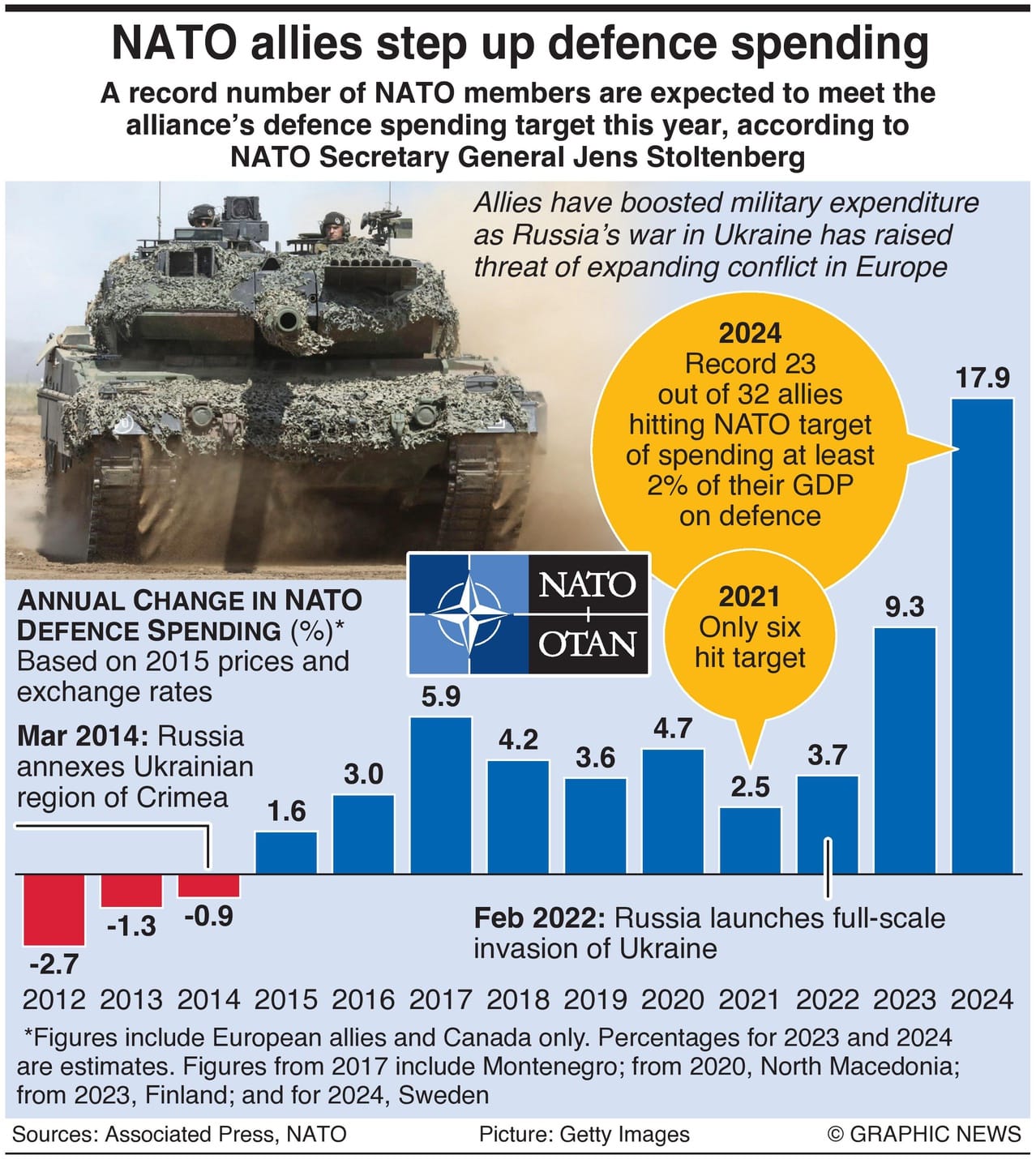
Despite global defense spending reaching a record $2.2 trillion last year, 77% of citizens in NATO countries believe their nations should increase or maintain defense spending—up from 70% in 2021.
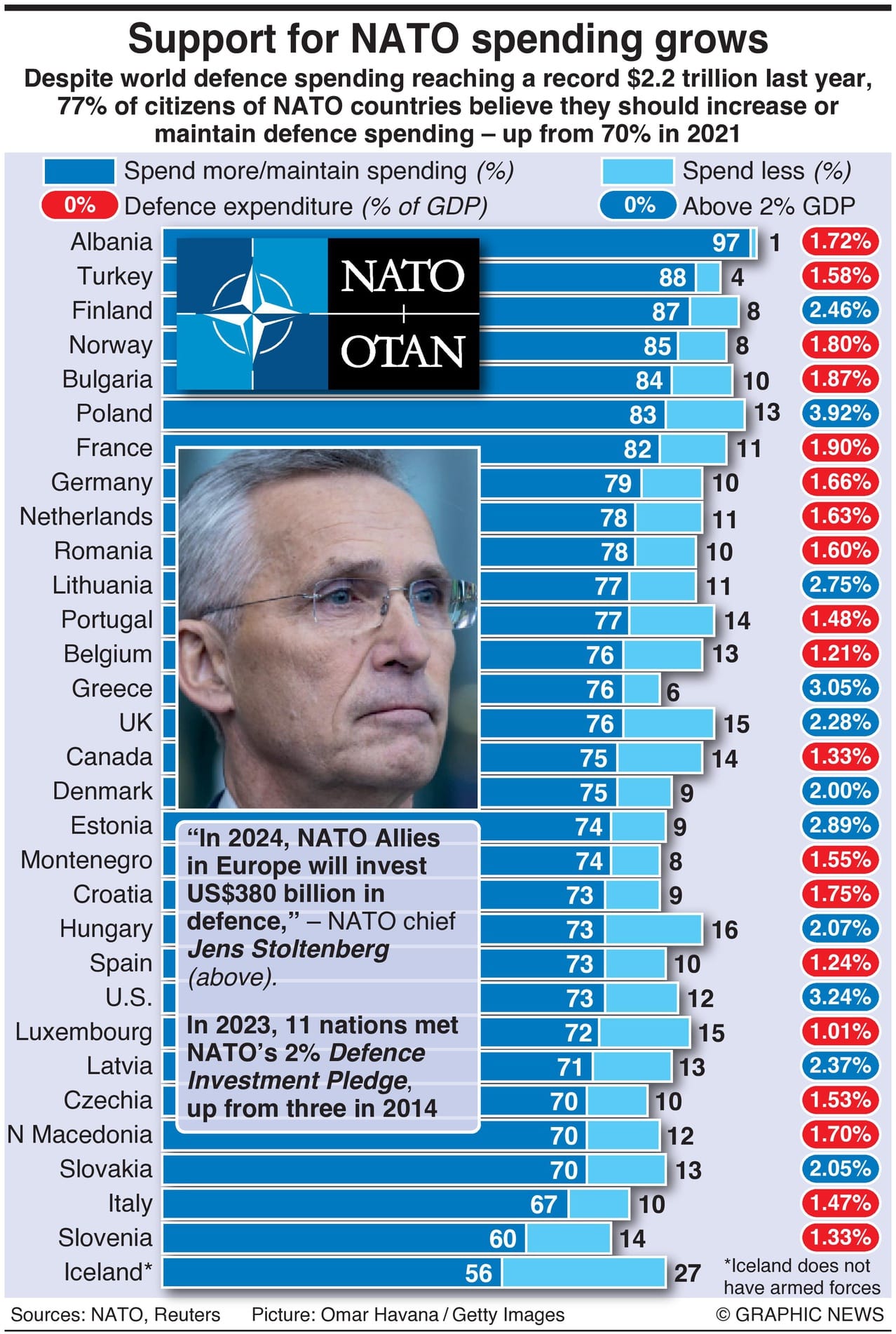
The newly appointed NATO Secretary General, former Dutch Prime Minister Mark Rutte, has taken a pragmatic approach, saying, "I'm not an American; I cannot vote in the U.S. We have to work with whoever is on the dance floor."
The military alliance was initially meant to get Europeans "back on their military feet" after the two devastating World Wars and counter the threat and influence of the mighty USSR. A neutral party was also necessary to gloss over the hatred and suspicion among various nations.
But, the role was meant to be temporary. Gen. Dwight Eisenhower, NATO's first supreme allied commander, envisioned that American troops would soon return home and not be permanently stationed on the continent. Today, some 90,000 U.S. troops are stationed in various parts of Europe, and about two-thirds of the European Union member's military purchases were from the U.S. The defense contracts feeding the American military-industrial complex are so lucrative that Washington has, on multiple occasions, shot down initiatives to set up a European security system and defense pacts capable of acting independently.
Despite America's substantial influence over the military alliance, the unified front glosses over cracks caused by nationalist agendas, opposing views, conflicting alliances, and geopolitical considerations. NATO's relevance has been questioned since the USSR's breakup and the Cold War's end. The organization's missions beyond the Euro-Atlantic region since have gotten lukewarm support at best and, often, open opposition, as in the case of the Iraq invasion. But, it cannot be forgotten that after the 9/11 attacks, NATO members rallied behind the U.S. and invoked Article 5 – the first and only instance in its 75-year existence.
Just as the winds of change are blowing through Europe, with the war having shattered decades-long peace and the rise of nationalist sentiment alongside a wave of anti-immigration anger, there is a marked shift on the other side of the world. The rise of China and Beijing's pronounced hegemonic intentions is demanding attention. It has become impossible to ignore America's "strategic competitor" that is steadily creating a nexus between Tehran, Pyongyang, and "no limits" partner Moscow. The recently formed Quad and AUKUS are indicators of what is to come. The emerging theatre will command more of Washington's attention in the coming years, and rightly so.
As the Asian giant rises, European allies will have to give up economic, financial, and military resources to build new bridges and strengthen existing ones. For now, NATO represents the world's economy and, with America's backing, half of its military might—collectively defending each other.

